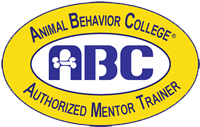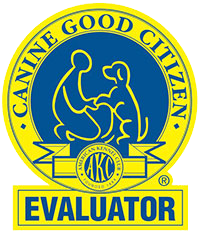
Hookworms (Ancylostoma caninum, Ancylostoma braziliense, Uncinaria stenocephala) are one of the classical groups of internal parasites of dogs. We frequently encounter cases of persistent hookworm infections in dogs even after repeated de-wormings with a variety of medications over the course of many months. One of the explanations for this is the concept of ‘larval leak’. This occurs when there are arrested larvae of A. Caninim in the intestinal wall and skeletal muscle tissues of adult dogs that are not significantly affected by de-wormings and remain a reservoir. When adults in the intestines are eliminated by de-wormings, immature larvae are activated and head to the small intestine to take their place. This reservoir ‘leaks’ larvae directly or through the lungs to the intestinal lumen of the adult dog resulting in what appears to be a re-infection.
How to Treat Persistent Hookworm Infections
Because adult hookworms can develop and begin shedding eggs within 19-21 days many monthly preventatives are not effective in treating these resistant infections. For these cases we recommend using Advantage Multi as your dog’s monthly heartworm/flea/intestinal parasite medication. Advantage Multi has Moxidectin in it, which is an anthelmintic drug used in the prevention and treatment of intestinal parasites. After a few doses, the Moxidectin reaches a steady state that should prevent larval leak. You may still find hookworm eggs for a few months and then they should taper off. In addition, we recommend deworming ½ way through the month with a broad spectrum de-wormer such as Pyrantel. It is also important to prevent re-infection by cleaning up after your dog and making sure he/she does not eat their own feces.

Contact Us
Regular check ups with a veterinarian are important for your pet's health. Contact us today to schedule your next appointment.





